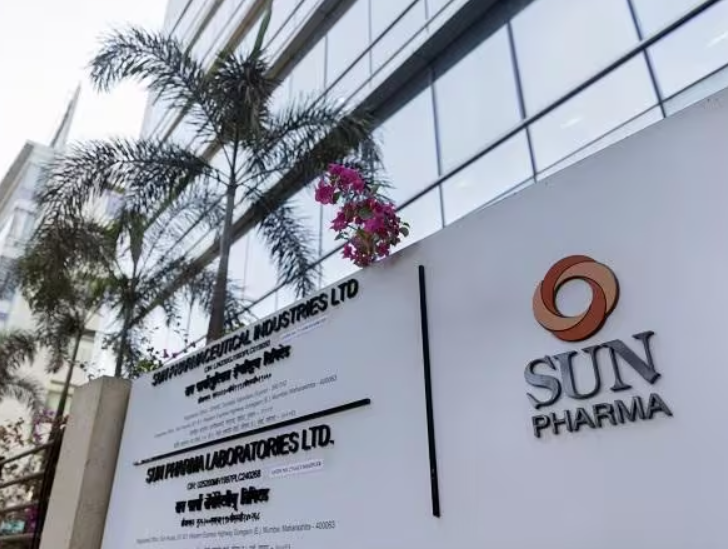In a recent ruling, the Income Tax Appellate Tribunal (ITAT) in Ahmedabad upheld the disallowance of over Rs9.81 crore claimed by Sun Pharma Laboratories Ltd. for expenditures related to promotional activities aimed at doctors. The case pertains to the assessment year 2014-15, where Sun Pharma’s business promotion expenses, including accommodation, conference fees, and gifts or freebies provided to medical practitioners, were scrutinized by tax authorities.
The tax authorities argued that the expenses, amounting to Rs9.81 crore, were non-deductible under Section 37(1) of the Income Tax Act, 1961. They reasoned that these expenditures, including sponsorship for conferences, medical equipment, travel, and hospitality for doctors, constituted prohibited freebies under the erstwhile Medical Council of India (MCI) guidelines, now governed by the National Medical Commission (NMC). According to the Central Board of Direct Taxes (CBDT) circular, such expenses are inadmissible for tax deductions.
ALSO READ: GST Scam: Key Arrest in Punjab’s Rs 200 Crore Fake Billing Operation, Jalandhar Scrap Links
During the assessment, the Assessing Officer (AO) partially accepted Sun Pharma’s claims but disallowed conference and sponsorship expenses, deeming them as non-business expenses. The Commissioner of Income Tax (Appeals) [CIT(A)], while reviewing the case, supported the disallowance of some promotional expenses but allowed conference-related expenses, arguing that these were intended for knowledge-sharing in the medical field and were therefore not prohibited by the CBDT circular or MCI guidelines.
However, the Revenue Department, represented by the Commissioner of Income Tax (CIT DR), challenged the CIT(A)’s ruling, citing the Supreme Court’s judgment in the Apex Laboratories case. In this precedent, the Court ruled that expensive gifts provided to doctors, such as gold coins, LCD TVs, and laptops, were aimed at soliciting favorable prescriptions, thus violating the law. The Department argued that Sun Pharma’s expenditures, though framed as business promotions, were essentially aimed at influencing doctors to prescribe their products, which disqualified them as legitimate business expenses.
Senior Counsel S.N. Soparkar, representing Sun Pharma, contested this view, stating that the facts of the Apex Laboratories case were materially different. He argued that the expenses incurred by Sun Pharma were aimed at research and development and improving product standards, thus falling under allowable business expenditures. He further added that there was no quid pro quo arrangement between Sun Pharma and the medical practitioners, unlike the Apex Laboratories case.
Despite these arguments, Sun Pharma opted to not pursue this ground of appeal for the assessment year in question to avoid further litigation. The company, however, requested that the tribunal’s decision not be treated as a binding precedent for subsequent years, given that each assessment year might involve different facts.
In its ruling, the ITAT agreed with the tax authorities, finding insufficient justification for Sun Pharma’s promotional expenditures and upholding the disallowance. However, the tribunal directed the AO to re-examine the disallowance based on specific facts and legal provisions, particularly regarding the company’s alternate claim for higher deductions under Section 80-IB/80-IE of the Income Tax Act.
The tribunal clarified that the ruling on the disallowed expenses for the current year should not be considered a binding precedent for future assessments. Moreover, the ITAT directed the AO to verify if the disallowed expenses were part of the profit and loss account for units eligible for deductions under Section 80-IB/80-IE and to recalculate the deductions accordingly.
In other matters, Sun Pharma received partial relief. The ITAT ruled that the AO had incorrectly classified fair valuation as revaluation, which led to an incorrect addition under Section 115JB of the Income Tax Act. The company’s claim for Long-Term Capital Loss (LTCL) was dismissed, as it was not filed in the original return. Additionally, the tribunal ruled that wealth tax should not be included in book profit calculations. Sun Pharma’s deduction for interest paid to a related party was allowed, while the issue regarding consultancy fees paid to McKinsey remained unresolved.
Overall, while some of the disallowances were upheld, Sun Pharma succeeded in securing favorable rulings on several key issues, including deductions and tax liabilities.


